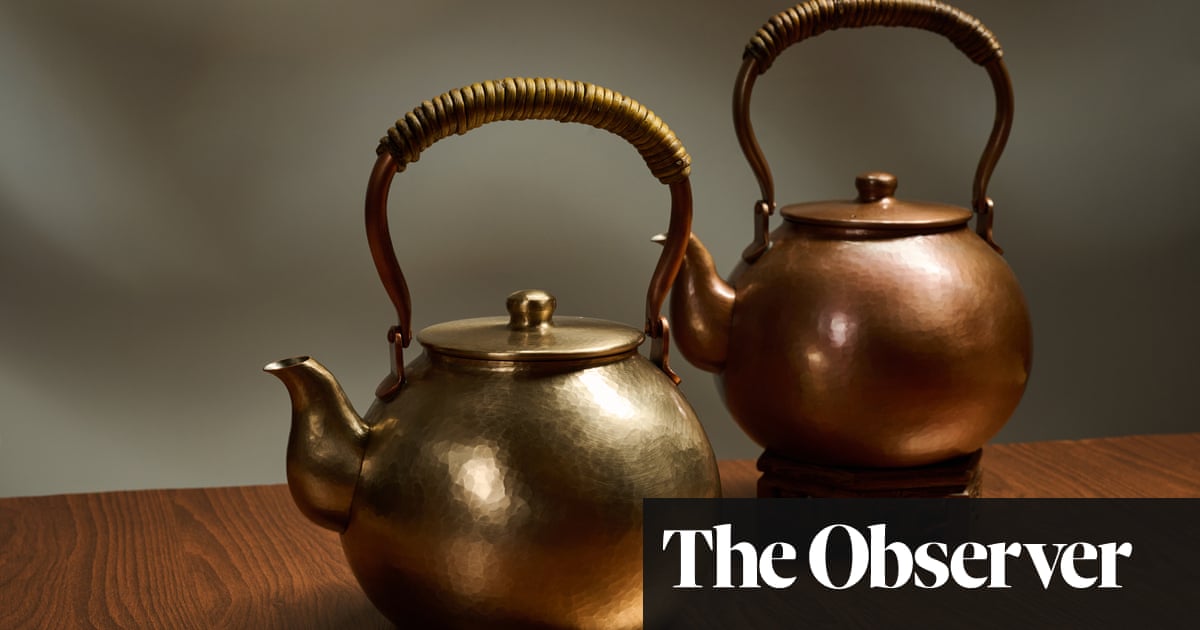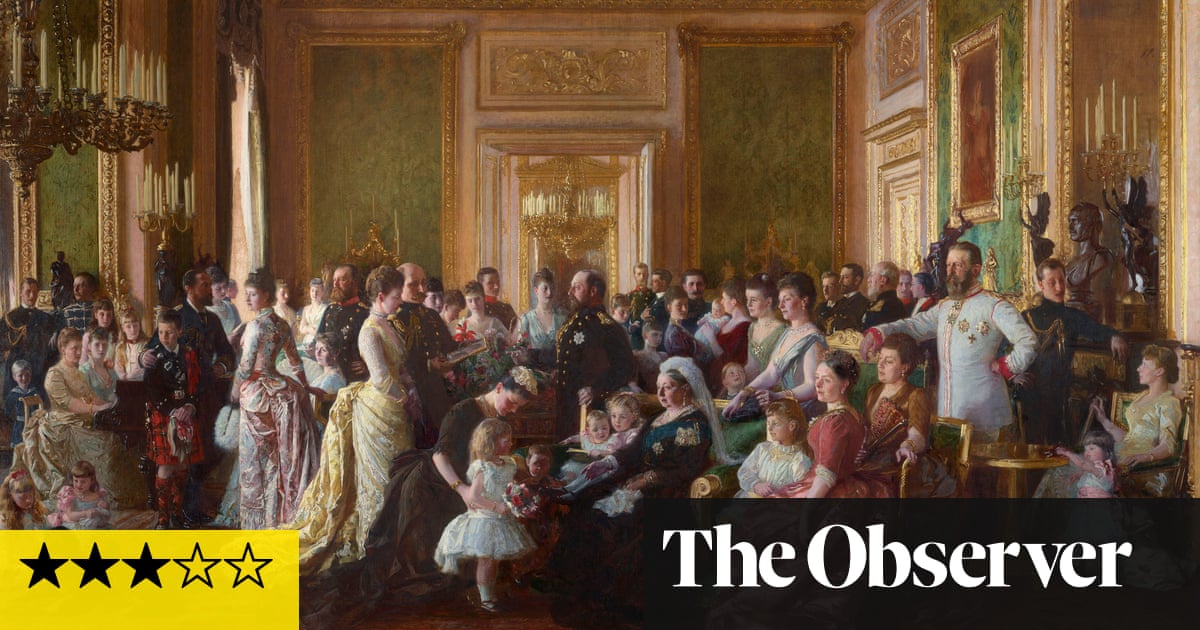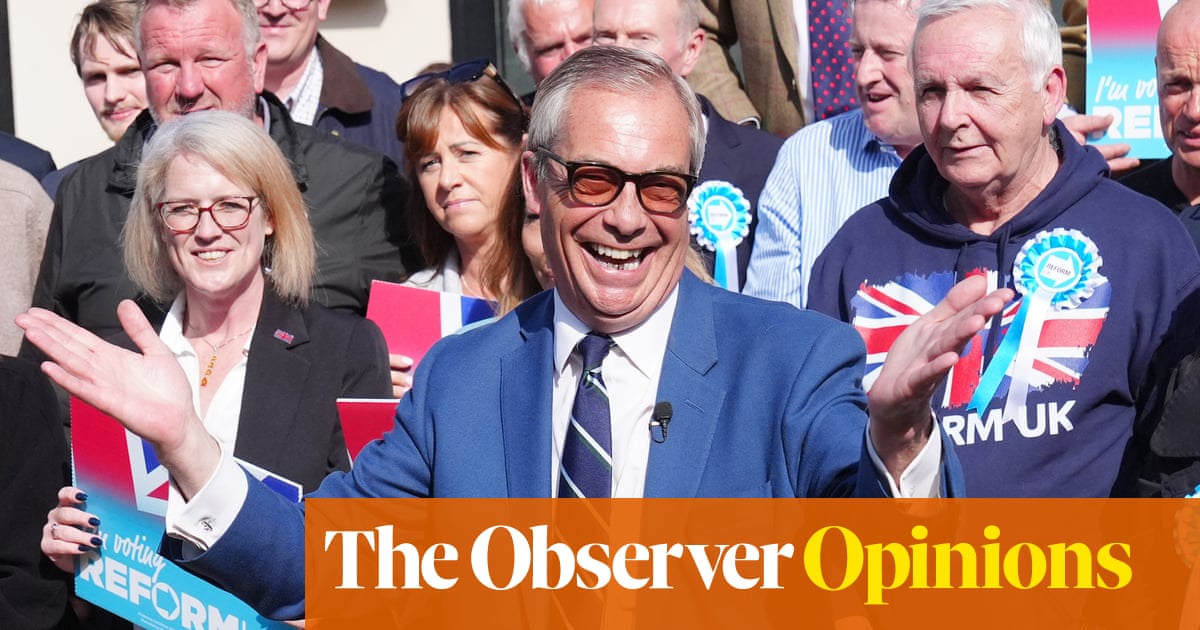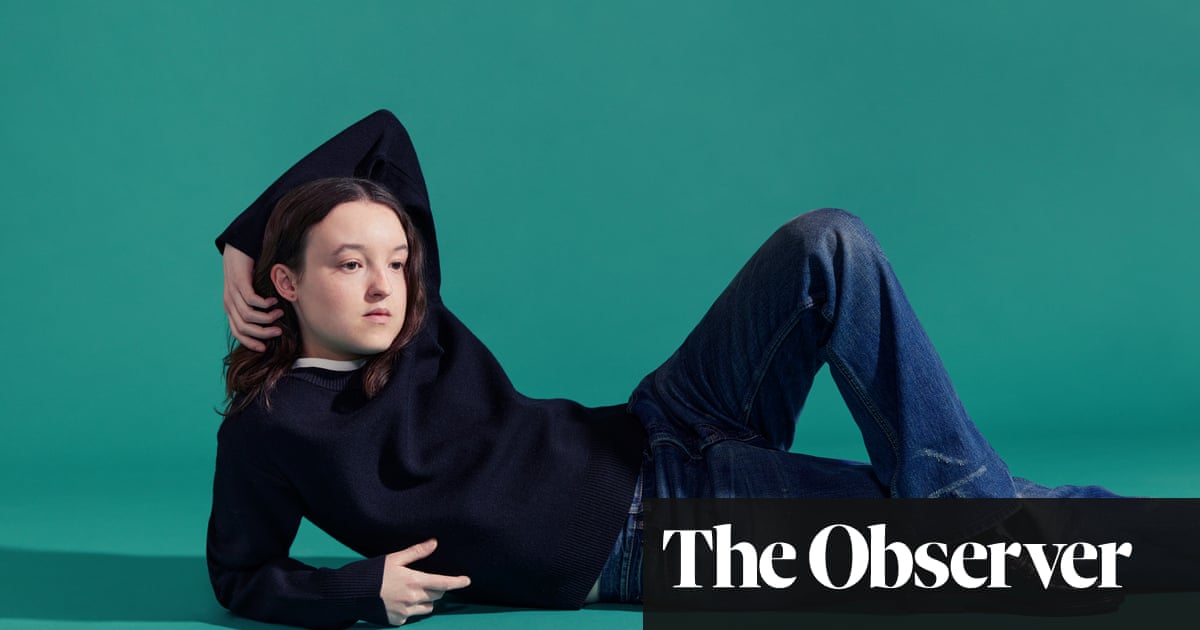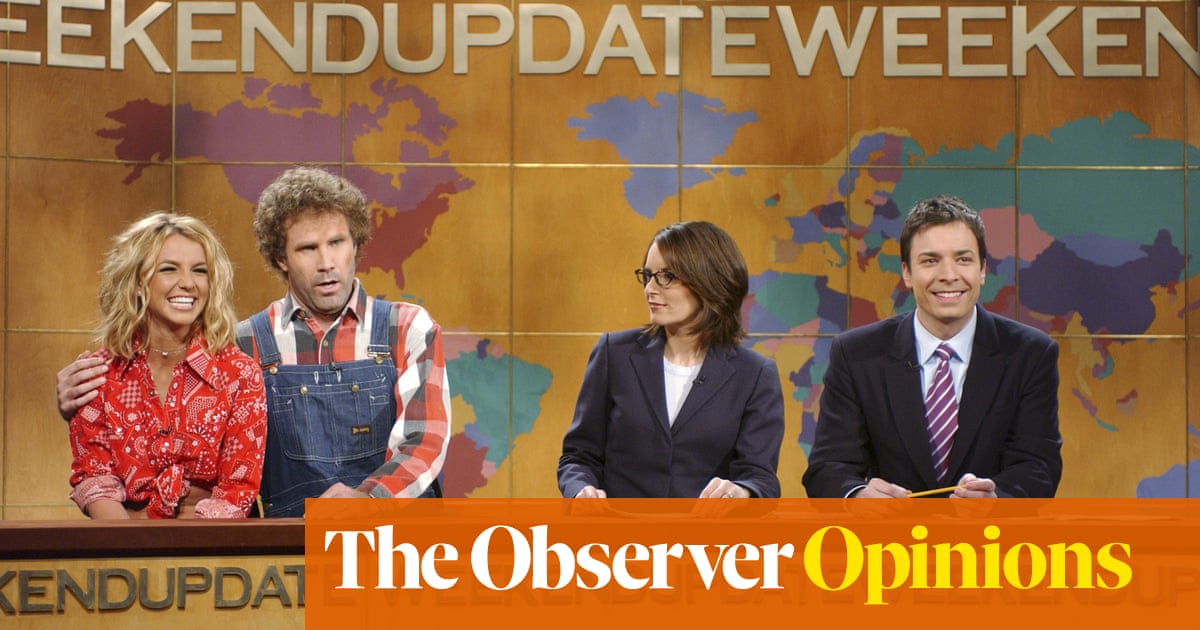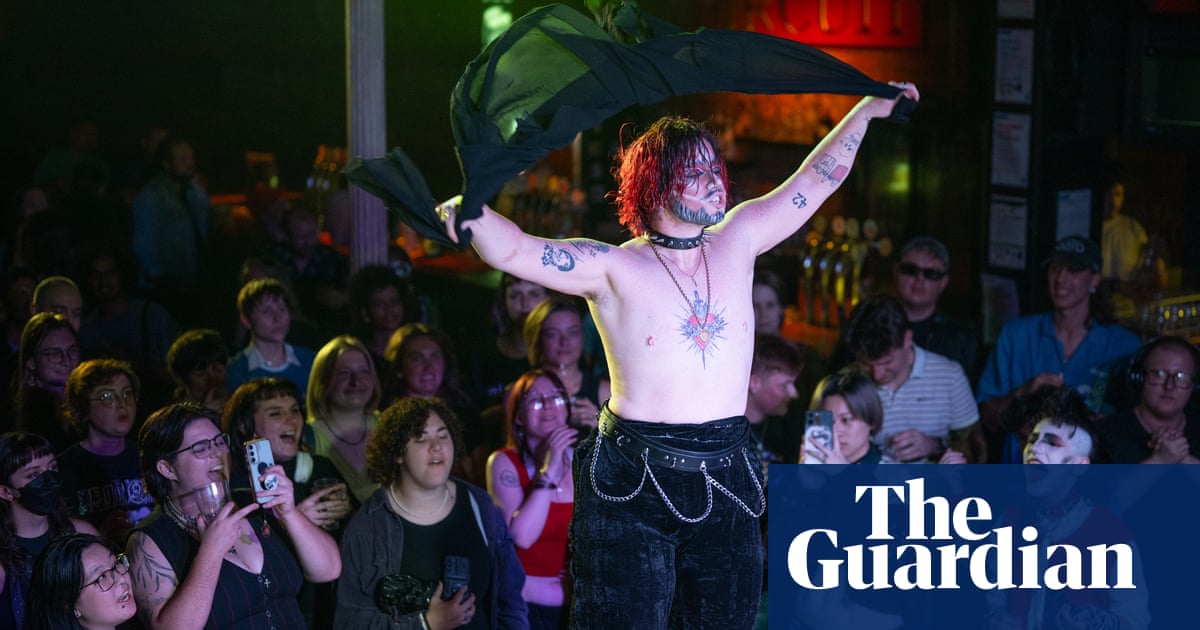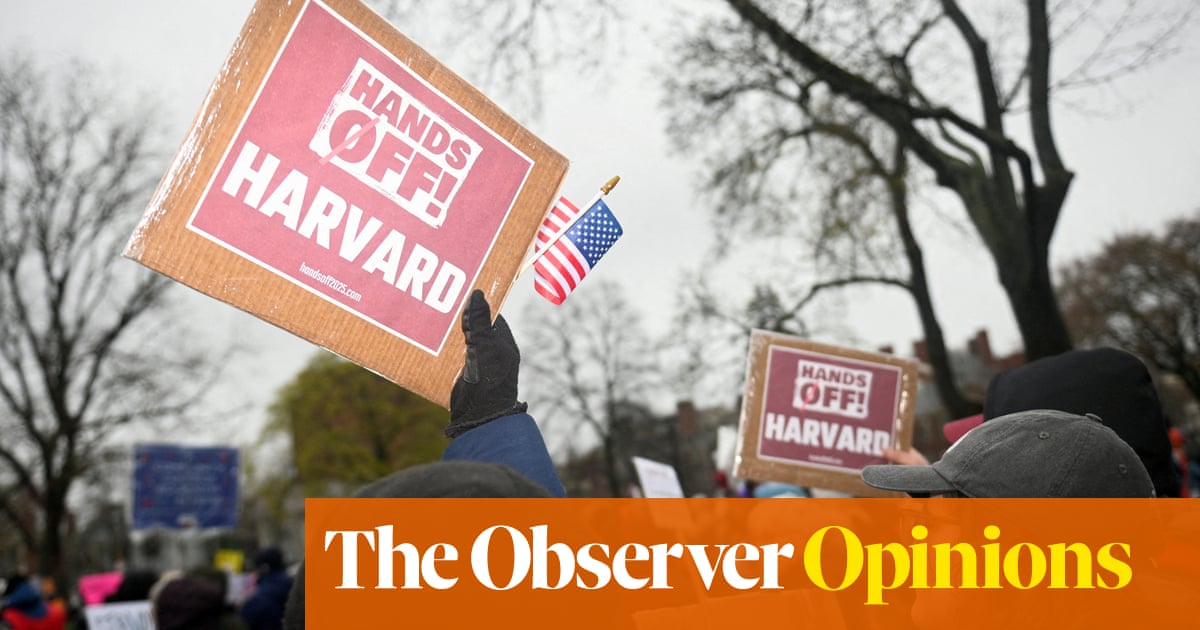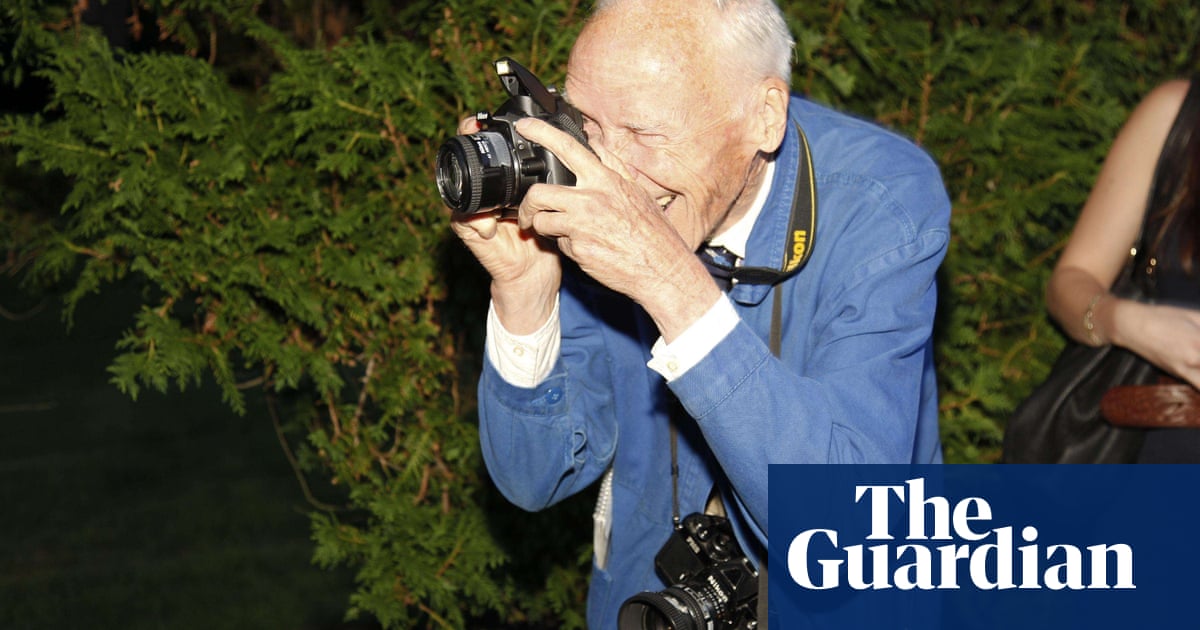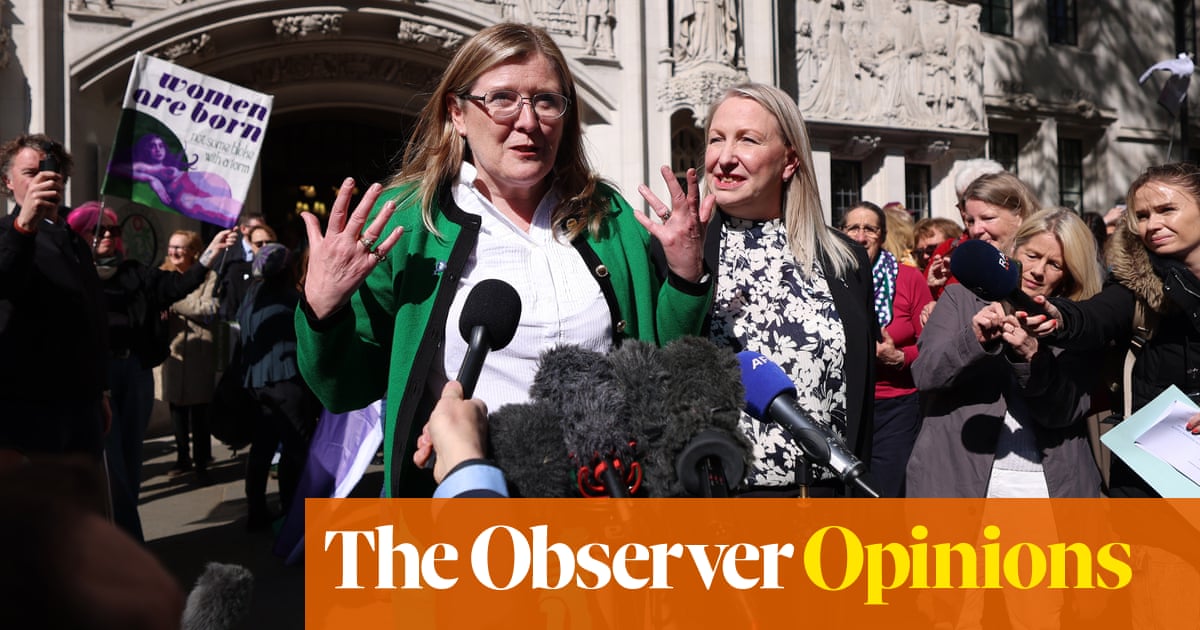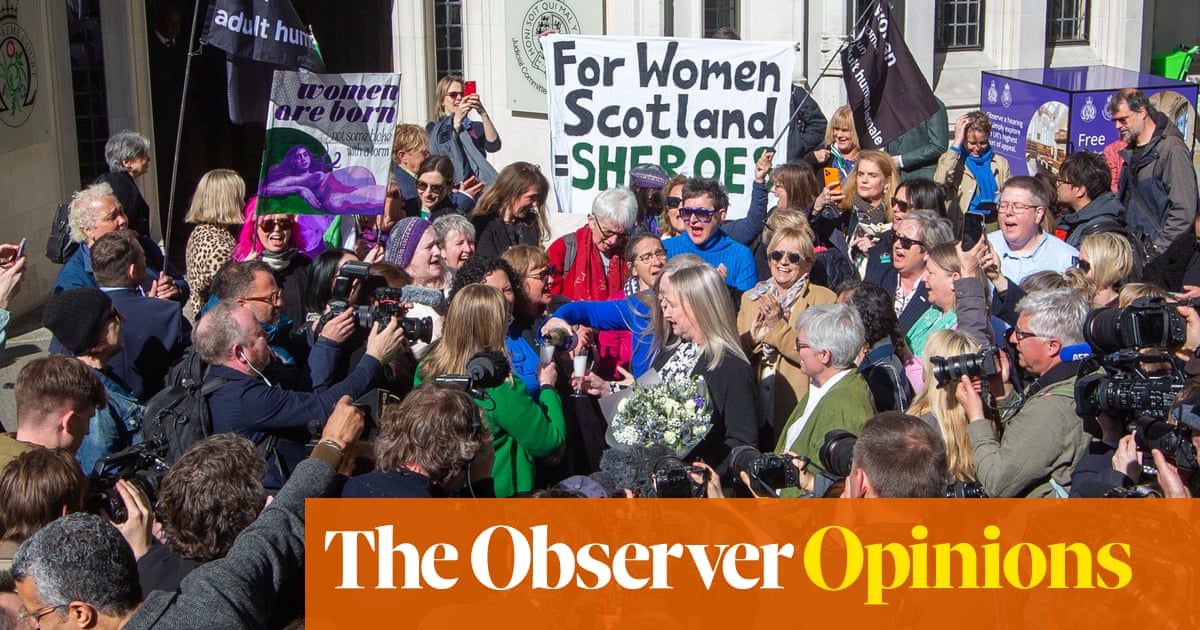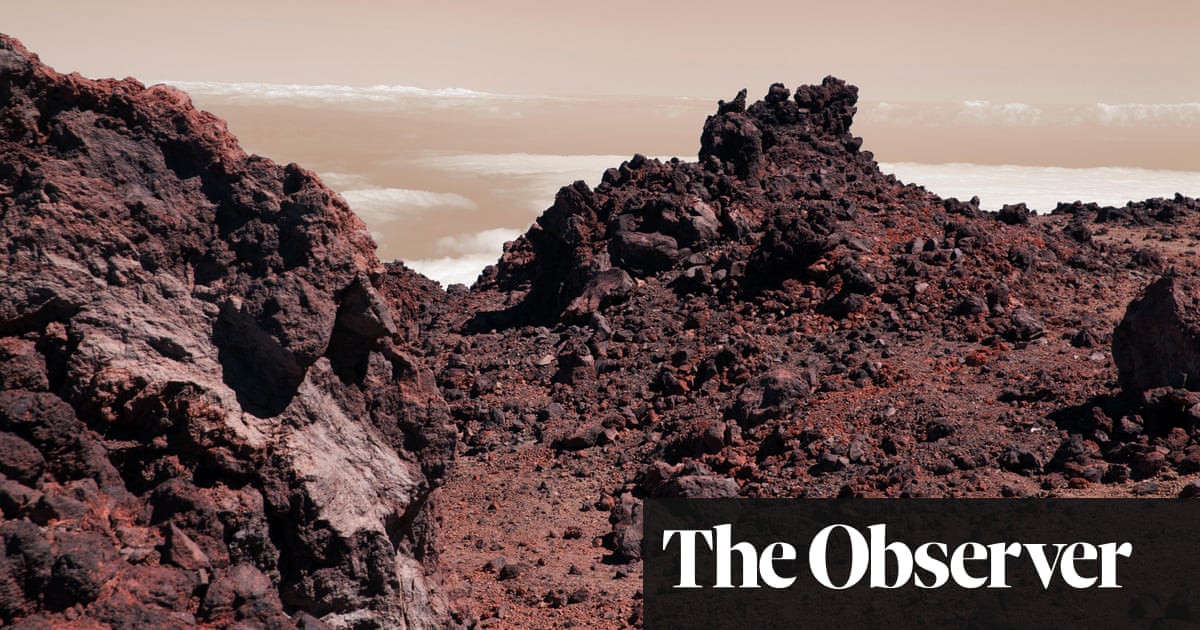We’re supposed to believe that it was about a job interview. On Tuesday, president-elect Donald Trump spoke on the phone with supreme court Justice Samuel Alito; the call came just a few hours before Trump’s attorneys petitioned the supreme court to put a stop to his criminal sentencing, scheduled for this Friday, in a New York state court.
Alito insists that this was all perfectly innocent. “William Levi, one of my former law clerks, asked me to take a call from president-elect Trump regarding his qualifications to serve in a government position,” the justice told ABC News after word of the call leaked on Wednesday.
Levi, it seems, is being considered for a role as the general counsel for Trump’s department of defense. It is not exactly the sort of role that demands personal vetting from the president-elect, especially not for a candidate like Levi, who already worked in the first Trump administration, as an assistant to then attorney general Bill Barr – a job he held much more recently than his Alito clerkship in 2012. Still, Alito tells us, this is all they discussed. The fact of the president-elect’s own criminal sentencing, which the supreme court will decide whether to stop or allow, was supposedly irrelevant to the call.
This is difficult to believe. Alito, after all, has made no secret of his investment in the idea that Trump should be above the law: in addition to joining the supreme court majority that mooted the applicability of most federal criminal law to Trump, Alito himself has also flown flags associated with the January 6 insurrection outside at least two of his properties. He is a staunch supporter of Trump’s agenda and a believer in a maximalist view of the powers afforded to the presidency, at least when a Republican occupies it. He is certain to be an ally of the Trump administration on the court, reshaping the law in ways that suit the Republican agenda, for the rest of his time there.
But just because the call is expected – in character for both Trump and Alito, and consistent with their shared agenda – does not mean that it should go unremarked upon. Supreme court justices, like the rest of the federal judiciary, are supposed to avoid even the appearance of impropriety, including in instances where their actual actions are innocent – which the phone call between Trump and Alito does not seem to be.
But Alito does not seem bothered by appearing improper. While much media attention has been paid to his fellow hard-line justice Clarence Thomas – whose receipt of generous hospitality and largesse from the billionaires whose interests he rules on at the court have been covered extensively – Alito, too, has accepted inappropriate gifts from the American billionaire class, including a luxury vacation to Alaska on a private plane. (When asked about the trip, Alito argued that if he had not taken the trip on the jet, his seat would have merely been empty.) The trip was not only accepted – it went unreported by Alito in the supreme court justice’s annual disclosures. This, too, is an idea that Alito shares with Trump: neither man thinks that the rules apply to him.
And so maybe the transparent pretext of Alito’s explanation for his inappropriate call with Trump is part of the point. The Trump restoration will mean reacquainting ourselves with the Trumpist style of power, and one signature of that style is ostentatious contempt for the rules of ethics, an attitude that expects the law to bend to his personal domination. The point of the Alito excuse, then, is not that Alito’s call with Trump was justified. It is about demonstrating Alito’s own power, his satisfaction with the reality that he does not need to give a plausible excuse, because even when he doesn’t, he can’t be stopped.
He also can’t be made to recuse. After the call was made public, some legal experts called on Alito to excuse himself from work on the case considering whether to allow Trump’s state court sentencing. It was a point worth making for the sake of principle; it is not something that can actually be made to happen. Alito has, more than once now, forfeited any appearance of neutrality on cases related to Trump. But the supreme court, it has become clear, considers itself immune from the ethics rules that govern lower courts.
Their somewhat flimsy and pretextual attempt to create an ethics code in 2023 was fraught with internal objection to the project by several of the justices themselves, and ended in a toothless and ineffectual statement with no enforcement mechanism. The jurists are not, in other words, operating according to a set of rules and principles; they are not operating within a scope of authority with clearly defined prerogatives and limits. They are operating by the sheer force of raw power.
In that way, the justices have come to look a lot like Trump himself.
-
Moira Donegan is a Guardian US columnist

 3 months ago
77
3 months ago
77
